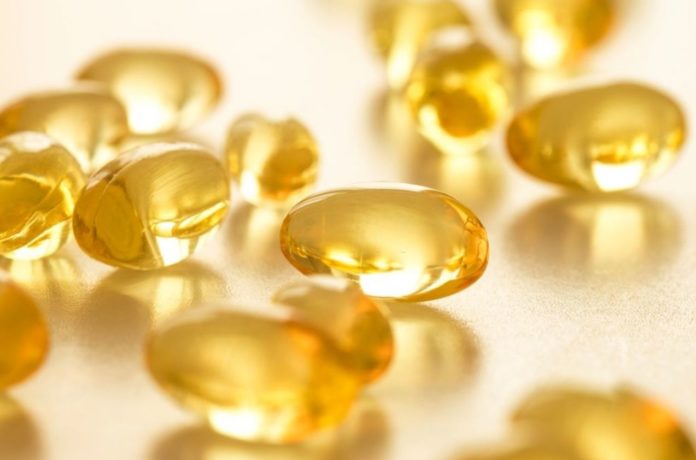When is the best time to take Vitamin D tablets?
Taking vitamins could be a great way to boost your nutritional needs — but most people do not know the right way to do it.
“When people don’t take vitamins the proper way, they don’t see improvement,” says family medicine doctor Rodolfo Perez-Gallardo, MD.
“Your body can’t fully absorb vitamins unless you know the best time to take them.”
- Does This Mean We Stopped Being Animal and Started Being Human Due to ‘Copy Paste’ Errors?
- The One Lifestyle Choice That Could Reduce Your Heart Disease Risk By More Than 22%
- Aging: This Is What Happens Inside Your Body Right After Exercise
- Immune-Boosting Drink that Mimics Fasting to Reduce Fat – Scientists ‘Were Surprised’ By New Findings
- Gun Violence in America: What They Don’t Talk About at the Debate
Vitamin D tablets can help you to refill the so-called ‘sunshine’ vitamin.
They’re especially important specially during winter season, when you probably don’t get enough vitamin D from direct sunlight.
The days are much shorter during this late autumn to early spring period, and the Earth spins on an axis that doesn’t lend itself to vitamin D.
If you decide to include vitamin D tablets to your diet, there is a best time of the day to take it.
For maximum absorption, the best time to take vitamin D and other fat-soluble vitamins is after you’ve eaten foods that contain fat.
And you don’t need much: Dr. Perez-Gallardo says even small amounts of low- or whole-fat milk or yogurt will do the trick. So will eating food cooked with oil.
It doesn’t necessarily matter how you decide to take your vitamin D supplements, either.
There are a number of different ways to take vitamin D supplements.
Some people prefer to simply take vitamin D tablets, which can also be manufactured as capsules.
But, you can also find vitamin D supplements as gummy sweets, which is particularly handy for those that struggle to take tablets.
Vitamin D oral sprays are also available, which makes taking your supplement much easier while on-the-go.
You could also top up on vitamin D by spending more time in direct sunlight. The sun prompts the body to naturally produce vitamin D3.
Alternatively, you can top up on vitamin D by eating more oily fish, eggs, or mushrooms.
A lack of vitamin D isn’t always obvious, meaning it can often go undiagnosed for long periods of time.
One of the most common signs of the condition is persistent tiredness or fatigue, according to the Cleveland Clinic.
Unexplained tiredness is one of the most popular reasons for visiting your local GP surgery.
- Does This Mean We Stopped Being Animal and Started Being Human Due to ‘Copy Paste’ Errors?
- The One Lifestyle Choice That Could Reduce Your Heart Disease Risk By More Than 22%
- Aging: This Is What Happens Inside Your Body Right After Exercise
- Immune-Boosting Drink that Mimics Fasting to Reduce Fat – Scientists ‘Were Surprised’ By New Findings
- Gun Violence in America: What They Don’t Talk About at the Debate
Other patients have also reported a dull pain in their bones, muscle aches, and even mood changes.
Image Credit: Getty
